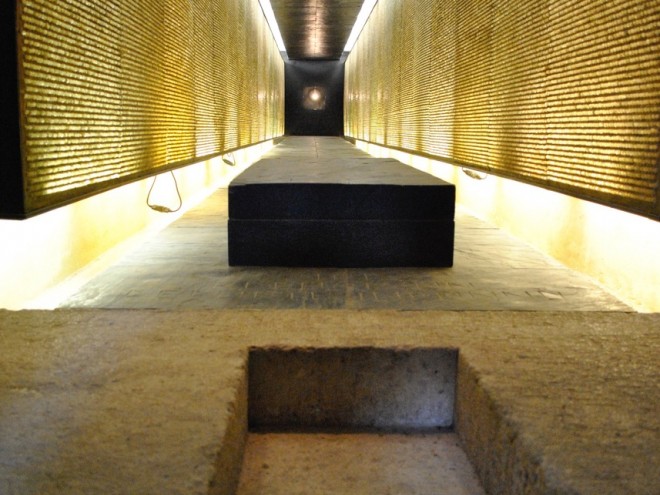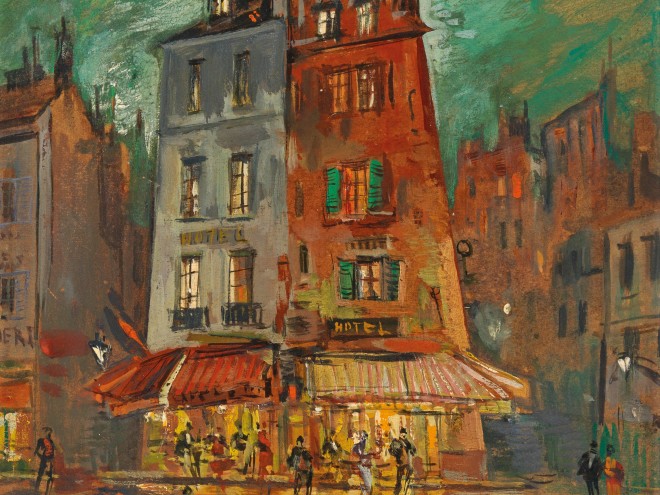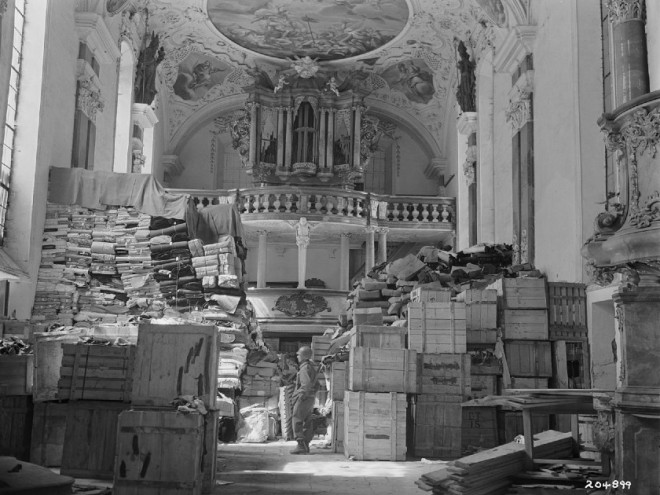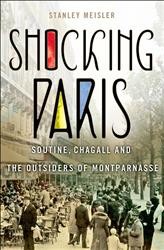Those familiar with the history of the Shoah have probably heard of the village of Le Chambon-sur-Lignon, on the French Plateau Vivarais-Lignon. Its inhabitants stood up to the Nazis and to French collaboration, not by taking up arms, but by opening their arms to those in need, helping to shelter and save thousands, mostly Jews and children, from deportation and death. The stories of those who participated in this astonishing act of nonviolent resistance have been recorded and recognized over the years. The villagers on the plateau have been honored by Yad Vashem as “Righteous among the nations,” an honor also bestowed upon Pastor André Trocmé, his wife, Magda, and their nephew, Daniel, who helped to lead this unique effort. Their stories are known, but as we face the challenges of our own era, it seems increasingly urgent to know more. How to keep light alive in dark times? How to decipher the lessons in love and solidarity, hope and endurance contained in the history of this extraordinary place? That is where Maggie Paxson comes in, with a powerful and engagingly written exploration of these themes, as they wind through the history of Daniel Trocmé, the community in which he worked, and her own life.
In The Plateau, Paxson, an anthropologist, emerges from years of writing and fieldwork in areas scarred by violence, strife, and war with what seems to be a deceptively simple question: “Were there communities out there that were good at being good when things got bad? I didn’t know exactly what I was on to, but I knew I wanted to study it. In shorthand, I called it peace.” As it happened, her own family history offered her a place to begin to seek out an answer in the villages of the Plateau Vivarais-Lignon, for she is related to Daniel Trocmé. What, she wondered, led her ancestor and these villagers to shelter refugees during World War II, and what leads them to continue doing so today?
Paxson creates immediate suspense with her lively narrative style, which weaves together the personal, historical, spiritual, and analytical while exploring the mounting pressures of xenophobia, intolerance, and environmental destruction that characterize our own time. She draws the reader upward on a journey to the Plateau, winding through past and present in a line of inquiry that is by turns exhilarating and terribly sad. The strength of her work lies in its refreshing blend of scientific rigor and openness to the intricacies and mysteries of the human heart. She – and the reader – may become bogged down by the seemingly unsolvable puzzle of why and how circumstances and people can be so wrong, and the harsh facts of the human condition. But, even in these moments, Paxson opens the door to vulnerability, faith, love, and beauty, reminding us that they really will always draw us toward the light.
Miranda Richmond Mouillot is the author of A Fifty-Year Silence: Love, War, and a Ruined House in France. Her most recent translation is of The Kites, the last and greatest novel of French author and Resistance hero Romain Gary.





